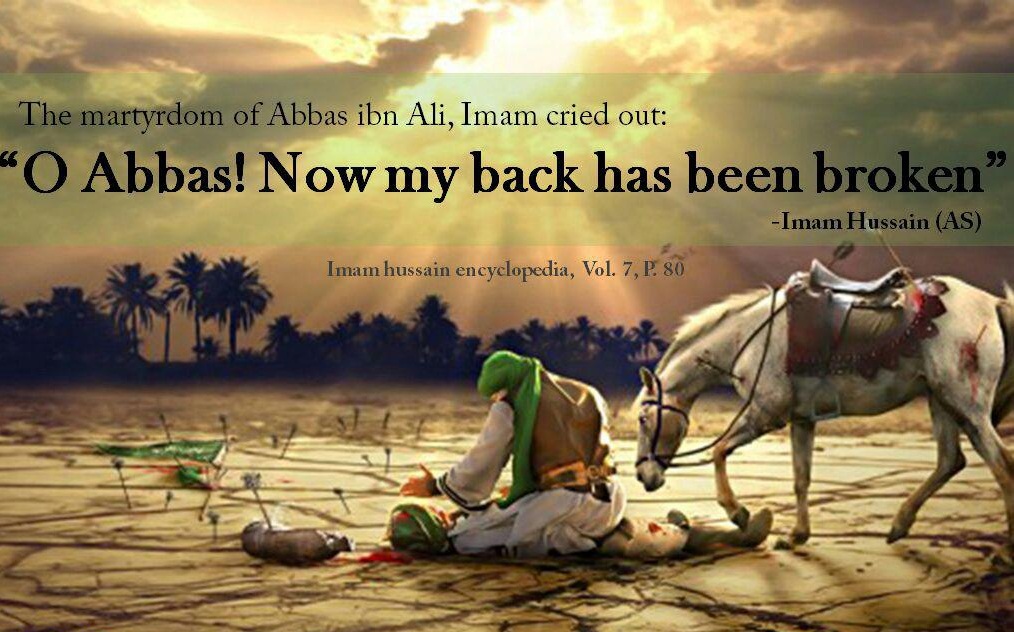
RNA - Tasu'a marks the ninth day of the lunar month of Muharram.
In order to honor the occasion, mourners throng around eulogists at religious centers and mosques countrywide, paying their tribute to Imam Hossein (PBUH), a grandson of Islam’s Prophet Muhammad.
The mourners, dressed in black, march in processions and distribute votive food.
Many Shia pilgrims even go on pilgrimage to Iraq, where they take part in mourning rituals at the holy shrines of Imam Hussein, his father Imam Ali and his half-brother Abbas ibn Ali in the cities of Karbala and Najaf.
Tasu’a is also commemorated in all splendor elsewhere throughout the Shia world, including Pakistan, Afghanistan, India and Kashmir as well as among Shia expats and communities in both hemispheres.
Imam Hussein and 72 of his companions were martyred in the Battle of Karbala, in southern Iraq, in 680 AD after fighting courageously for justice against the much larger army of the Umayyad caliph, Yazid I, which some historians estimate to have been 100,000-strong.
Tasu’a precedes Ashura, the tenth day of Muharram, when the ultimate battle took place.
Tasu’a -- known as the Day of Loyalty and Resistance -- is devoted to Abbas ibn Ali, who made proverbial sacrifices during the Battle of Karbala to resist the tyrannical forces and take water to the Imam’s camp, which had been under siege for days.
847/940